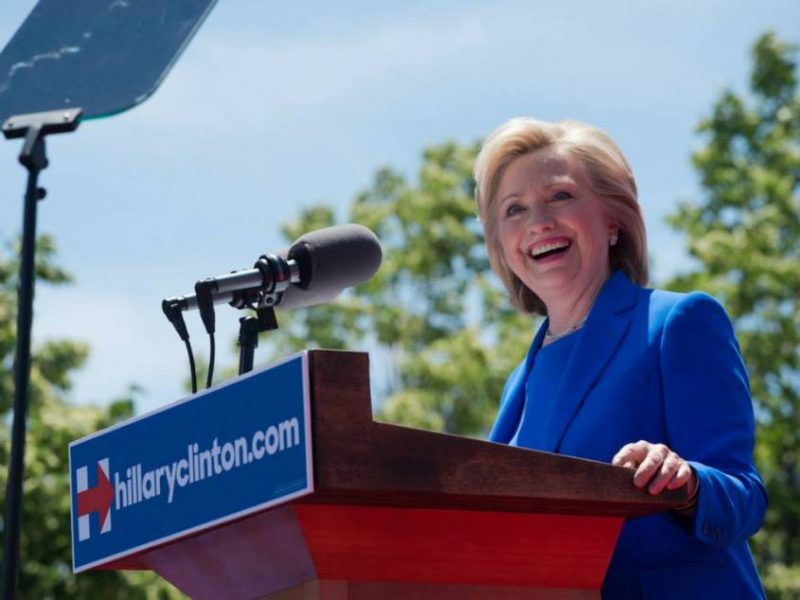
Popularity does not necessarily follow power. But it isn’t its prominent role in shaping international affairs that earned the United States its middling score in the 2016 Reputation Institute study of the most reputable countries in the world. Ranked at 28th, the U.S. not only lags far behind leaders like Canada and Australia, but also trails some developing countries. Most countries with our ranking are under a dictatorship or in a state of instability. A significant factor in weighing down the U.S.’s reputation is the partisanship that has increasingly dominated its politics.
The link between partisanship and negative perceptions of the U.S. is nothing new. As partisan division grew steadily over the last two decades, almost doubling under George W. Bush and President Obama, the nation’s global standing dropped significantly. Obama’s 2008 win actually gave a boost to the United States’ international reputation, but that gain has been eroded as divisive politics has thrust the 2016 Presidential race into the world’s watchful eye.
A Call for Change
The value of individual voices in changing perceptions should not be discounted. Bill Clinton’s speech at the 2012 Democratic National Convention seemed to resonate with a broad desire for political harmony, attracting praise even from Mitt Romney. The “politics of constant conflict” may be effective, Clinton said, but “good politics does not necessarily work in the real world.” If November 2016’s victor can translate Clinton’s words into real-world cooperation and compromise, he or she might be able to break through the gridlock and set the United States on course for a revitalized international reputation.


